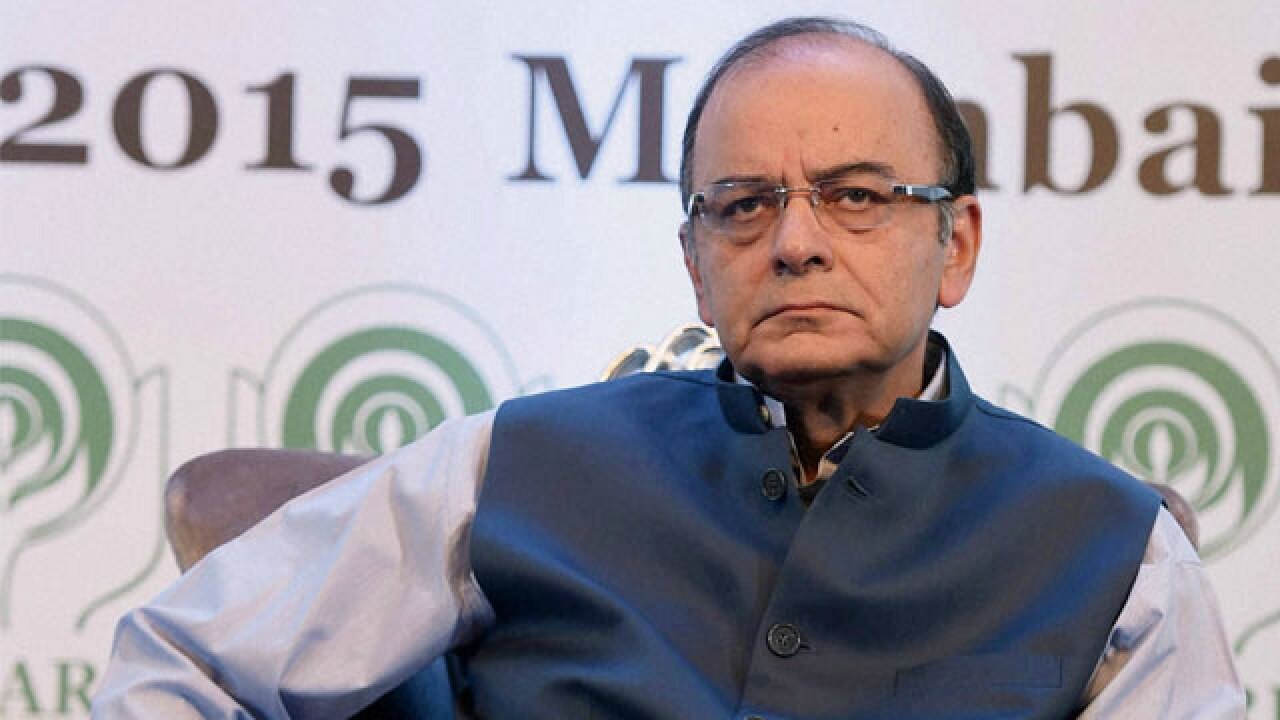
Several new political parties may be formed in India as the proposed amendment in the Finance Bill 2016 will allow them to receive funding from “foreign source”. Some of the new parties are likely to be called ‘Green & Peace Party’, ‘Sabrang Party’, ‘Participatory Party’, ‘Human Rights Party’, ‘Collectives Party’, ‘Nationalist Party’ and ‘Azaadi Party’ etc.
The gold rush to form political parties will be triggered by Finance Minister Arun Jaitley’s proposal in his budget speech last month to amend section 2 of the Foreign Contributions Regulation Act (FCRA) 2010 retrospectively.
The real reason for this proposal seems to be to overcome the Delhi High Court’s judgment in March 2014 which found violation of FCRA 2010 provisions by the Congress and the BJP when they received donations from Vedanta group of companies. In the FCRA 2010, any Indian company/agency which has more than 50% foreign ownership has been designated as a “foreign source”. The proposed revision will link ownership criterion to FDI caps approved from time to time. So, a company operating in a sector which has approved FDI caps above 50% can still continue to be treated as an Indian source for this purpose.
If the proposed amendment with retrospective effect is passed by the parliament as a part of the budget proposals next month, it will open doors for foreign funding of political parties and all ‘activities of a political nature’, which are hitherto banned under FCRA since the inception of this law in 1976 during the Emergency.
A large number of economic sectors have FDI caps above 50%, implying that foreign companies operating in India in those sectors can now make donations to political parties under FCRA. For example,
— Agriculture has 100% FDI, so companies like Monsanto, Du Pont and Advanta can donate to political parties
— Pharmaceutical sector has 100% FDI, making it possible for multinationals like Glaxo, Abbott, Pfizer to make such donations
— Telecom FDI is also 100% FDI, so the likes of China Telecom, Verizon & AT&T can also do the same
— Private Banks have FDI limit of 74%, so ANZ, JPMorgan & Credit Suisse can now make donations to Indian political parties
As the floodgates of foreign corporate funding of political parties open, questions about foreign influence on public policies and internal security matters will not arise as it will become legitimate to do so. Therefore, civil society entities engaged in campaigns and advocacy—'activities of a political nature'—can also benefit from such donations.
Another reason for the rush to form political parties will be the relatively weak regulatory system governing such entities in the country. Under section 13A of the Income Tax Act, political parties are 100% tax exempt for income derived from any source, including business income. They are expected to file an annual income tax return, but most do not do this regularly and there is no compliance mechanism to ensure this either. Most political parties show donations from individuals as their main source of income, but no donation below Rs 20,000 need be reported or accounted for. So a political party can show income of Rs 100 crore (or more) from such ‘small’ donations without sharing any information about the donors.
In light of the above, a national movement for registration of ‘new’ political parties may well be launched by a wide variety of civil society organisations so that all advocacy efforts can be systematically and openly financed by foreign individual and corporate sources!
The author is Founder-President, PRIA.